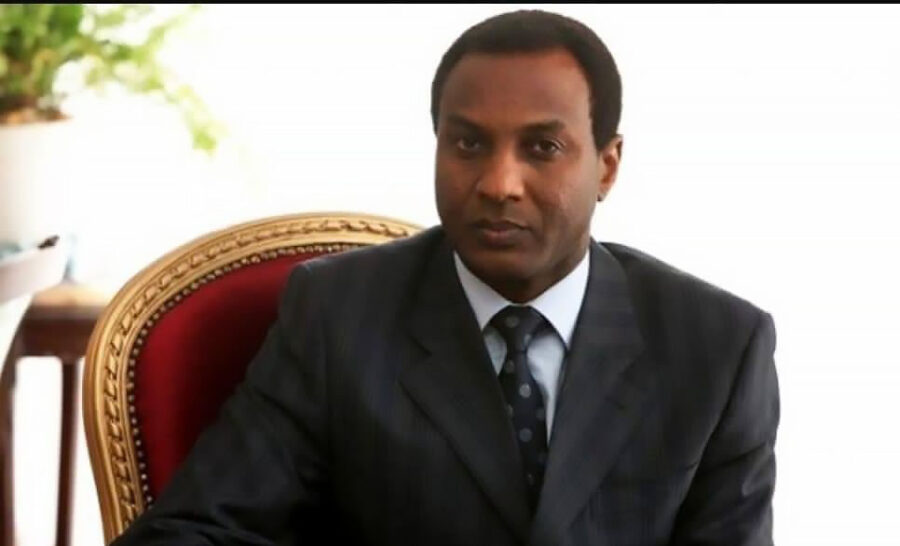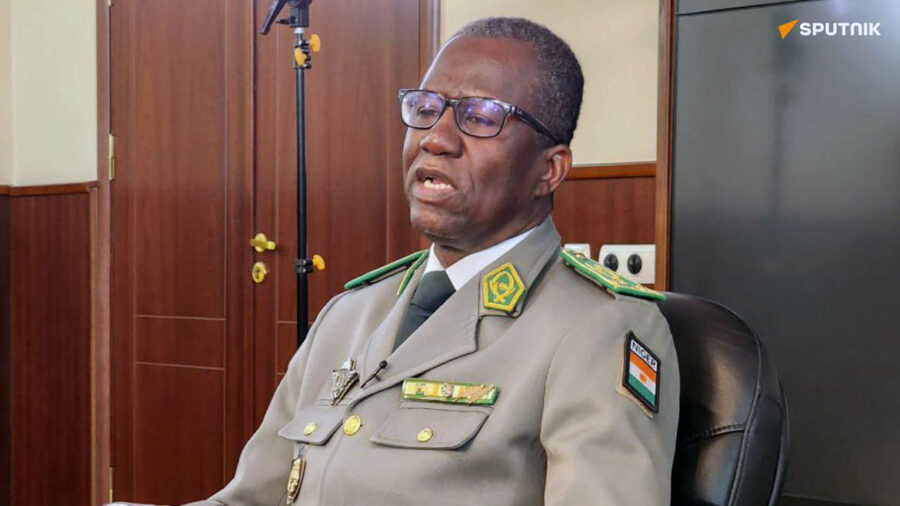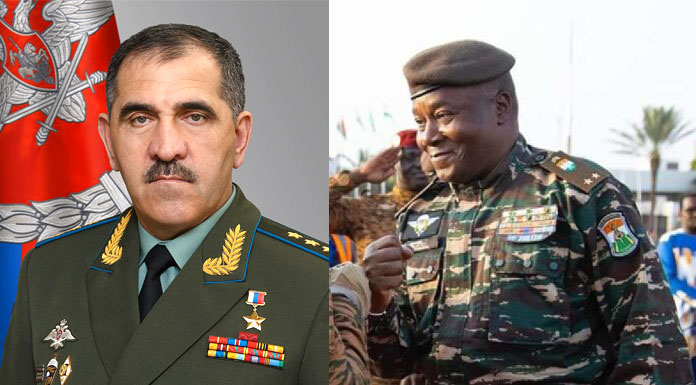In a diplomatic move, Russia and Niger confirmed their commitment to strengthening military ties. This collaboration commenced with a meeting between Russian Deputy Defense Ministers Yunus-Bek Yevkurov and Alexander Fomin, as well as Niger’s Defense Minister Salifu Modi.
The Russian Defense Ministry emphasised the importance of improving defence relations and collaborative efforts to stabilise the region.
The Russian Defense Ministry said Russia and Niger have agreed to develop military cooperation. The parties noted the importance of developing Russian-Niger relations in the defence sector and agreed to intensify joint actions to stabilise the situation in the region.
It noted that it aims to continue dialogue on ”increasing the combat readiness” of Niger’s military.
“Positive trends in the growth of bilateral military and military-technical cooperation were observed during the discussions, and potential areas of cooperation were underlined,” the Russian Defense Ministry said.
“…Emphasis was placed on the Russian Ministry of Defense’s willingness to maintain positive communication with its allies in Niger in order to improve combat readiness of the Republic of Niger’s Armed Forces,” it added.
This development highlights the complex relationships between former colonies and their colonial heritage, as Niger moves to declare its independence and alter diplomatic relations.
Niger’s junta recently revoked two significant military agreements with the European Union (EU) aimed at combating instability in the Sahel. Following the ouster of President Mohamed Bazoum, the West African country withdrew from the EU Military Partnership Mission and the EU Civilian Capacity-Building Mission.
The move underscores the heightened political tensions between Niger and the EU following the July coup. Despite international sanctions, particularly those by France, Niger’s military administration appears to be consolidating.

Ali Mahamane Lamine Zeine, Niger’s junta-appointed Prime Minister, paid a visit to Moscow to discuss expanding defence, agriculture, and energy relations. The strategic importance of Niger, with its uranium and oil riches and critical role in combating Islamist extremists in the Sahel region, has prompted major global powers such as the United States, Europe and China to compete for influence in the country.
In December 2023, the Nigerian military government declared an end to all cooperation with the International Organisation of Francophone Nations (OIF). The military commanders claimed that the 88-member body has constantly operated as a means for France to protect its interests.
This decision was part of Niger’s larger effort to cut relations with its former colonial power, France.
The organisation promotes the French language, peace, democracy, education, and development in Francophone countries. However, Niger’s government has urged Africans to decolonize their thoughts by campaigning for the promotion of national languages that are consistent with Pan-Africanism goals.
The government also announced plans for an inclusive national debate to determine the length of the transition but did not specify when it would take place.
In 2023, France’s influence in Africa, particularly in the Sahel region waned dramatically. The French embassy in Niger closed, and the last French troops left the nation, bringing an end to strained relations between France and its former colonies, collectively known as ”Francafrique.”
Despite the French withdrawal, other multinational troops, including hundreds of US and German soldiers, remain in Niger.

However, the new military government has distanced itself from European and American friends, most notably France and the European Union, and strengthened connections with neighbouring Mali and Burkina Faso, both having strong ties with Russia.
“French troops left Niger, the last soldiers left on December 22. Regarding the impact on security in our country, it should be said that this withdrawal of troops, on the one hand, allowed us to see the picture of the fight that we are waging against terrorism, and on the other realise their responsibility. Their withdrawal can be said to have had a positive impact on our fight against terrorism,” Niger’s Defense Minister General Salifu Modi said.
While expressing gratitude in a military aspect, Russia seems to be taking effect in increasing trade relations with African countries. Its commerce with African countries increased in 2023, according to the Federal Customs Service’s (FCS) most recent data, which was released this week.
Exports to Africa increased to $19.8 billion in the first eleven months of last year, up from $12.9 billion in the same time in 2022, according to the data. Russian imports from the continent also rose, hitting $3.0 billion, a 7% increase from the previous year.
This brings total commerce volume to $22.8 billion, an almost 50% increase from the previous year.
This geopolitical shift raises questions about the Sahel region’s security dynamics, as well as the ramifications for global alliances. The military ruler, General Abdourahamane Tchiani, continues to express the regime’s intention for a transition to civilian authority within three years.
The fragile relations between France and its former colonies in the region have aided the shift toward tighter ties with Russia.
In an important stage towards independence, Niger has cut colonial relations with France, opening the way for a strategic alliance with Russia. The decision demonstrates Niger’s resolve to restructure its diplomatic landscape. Despite misgivings, the evacuation of French troops has brought clarity to the fight against terrorism.
Embracing Russia as a partner not only in the military but also in economics represents a geopolitical change. Niger’s increasing connection with Russia positions the country to address security issues while also fostering economic progress, marking a watershed moment in its postcolonial history.

 Osborn Baya (
Osborn Baya (
